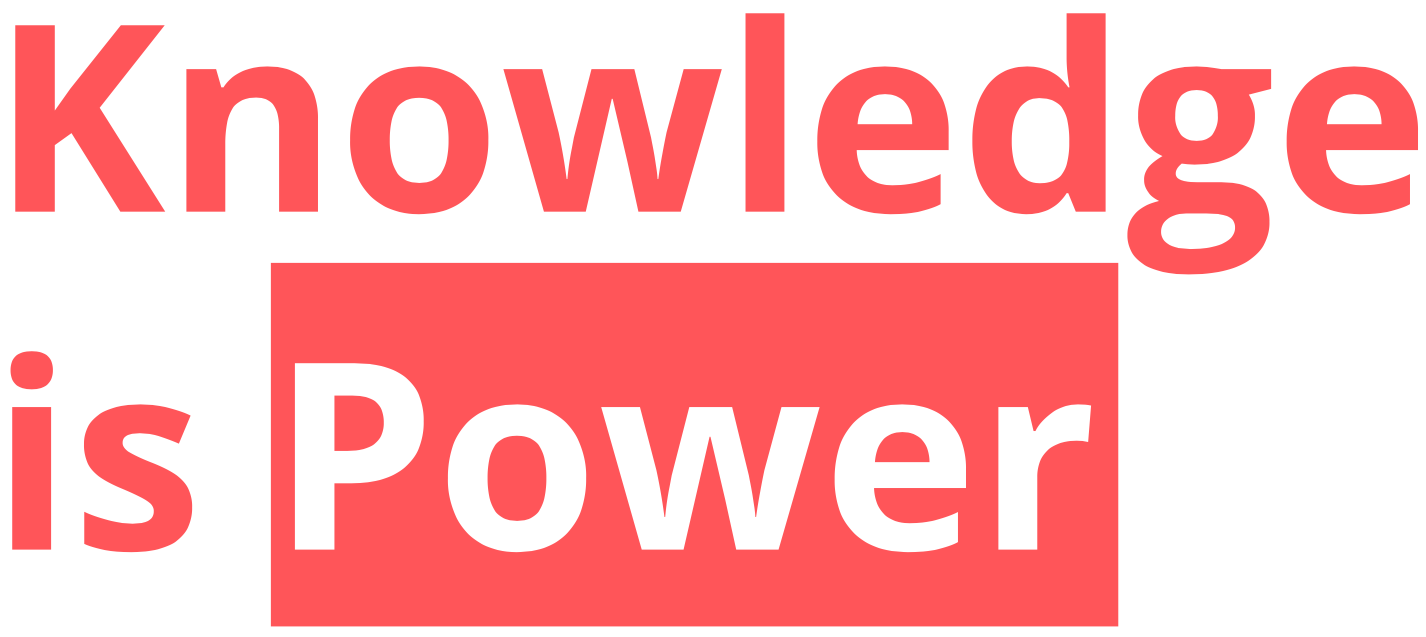Digital Research Methods Resource
What are digital research methods?
Digital methods (or internet methods) involve conducting research online. There are a range of digital methods that can be used to collect data for your research. There are two main ways in which you might use digital methods in your community-led action research project:
Using digital technology to conduct a research method online (e.g. an interview) rather than face-to-face.
Using the internet as a source of data to conduct research (e.g. by analysing social media posts or online articles/blogs on a specific issue).
Examples of digital research methods
Conducting an interview or group discussion using a video call (e.g. via Skype, Facebook, Zoom).
Using a social media platform (e.g. Facebook) as an online discussion forum.
Conducting online surveys or consultations (e.g. using Survey Monkey or Google Forms).
Using the internet as a data source - analysing websites/blogs/articles on a specific issue.
Ethics
There are important ethical considerations that need to be taken into account when conducting research with participants online. Whilst not a fully inclusive list, we have highlighted some key issues that must be considered:
Participants’ privacy: when using the internet as a resource to recruit and find out the views of participants (e.g. through an online discussion forum using Facebook), it is important that participants are fully aware that their personal details may be accessible. To protect the privacy of individuals, it might be better to use a different digital platform (e.g. google forms) where participants can share their views anonymously. It is also important to make participants aware whether a digital platform they are engaging with contains publicly visible content.
Participants’ consent: it is important to ensure that participants have been provided with adequate information about why the research is being conducted prior to taking part as well as a consent form. This must be emailed or posted to a participant before they take part.
Digital access: when conducting digital methods, it is important to reflect on issues around digital access. Where research is seeking to engage with disabled people or people with language barriers, it is important to put in put in place easy access materials (e.g. easy read documents) as well as explore different options of how participants could inform the research in alternative ways if they are not able to digitally.
Data security: any data that you collect through your research that contains information that may make a person identifiable is subject to GDPR and must be held securely. Organisations such as the Scottish Council for Voluntary Organisations provides guidance and training for third sector organisations.
The British Psychological Society provides Ethics Guidelines for Internet-mediated research.
Go-to resources for digital research methods:
A resource on conducting research methods during the Covid pandemic. Provides an overview of research methods that can be conducted online and links to further reading (for example online discussion forums, using Facebook groups, virtual interviews).
The Living Life to the Fullest Co-production Toolkit is a handy website providing examples of using social media platforms to collaborate and plan research and conduct research online. It is also a great website for examples of how to share research findings creatively online using blogs, films and podcasts.
Young Digital is a resource for anyone with an interest in using digital media for research, consultation or participation activities with children and young people.
The National Council for Voluntary Organisations (NCVO) provides a handy guide on How to design and use free online surveys.
The Scottish Council for Voluntary Organisations (SCVO) provides practical guidance on digital tools that can be used by charities to engage with service users online. Whilst it has not been designed for conducting research, their website provides handy guidance on platforms and apps that can be used for video calls and online surveys.

